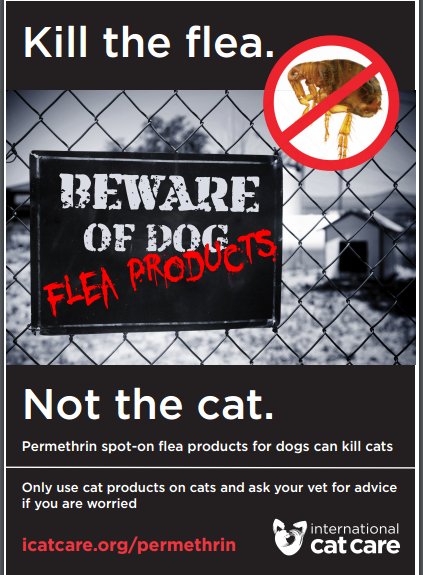We are proud to offer an emergency service at Young Veterinary Partnership. Unfortunately some clients have to use our emergency service when their pet is poisoned. Whilst this is a situation we hope you won’t have to go through with your precious pet, poisons that are harmful to pets are commonly found in everyday household substances and products. We hope this newsletter will help you to understand some of the common poisons and explain what you should do in an emergency to minimize the risk to your pet.
There are a few keys things we may ask over the phone which help us to assess the immediate situation.
- When do you think the toxin was ingested/in contact with your pet? Some specific toxins may have an anti-toxin which we can administer.
- What was it? Bring any packaging with you if you can.
- Make a note of any clinical signs such as vomiting, diarrhoea, shaking, seizures, drooling, altered mentation (behaving strangely), burns/ulcers in the mouth, pain, increased thirst, heavy breathing or difficulty breathing.
Poisonous foods:
Raisins, Grapes, Onions, Chocolate, Alcohol, Leeks, Garlic.
Poisonous Plants:
Lillies, Rododendron , Azalea, Marijuana, Pointsetta, Yew, Deadly nightshade.
Other Poisons:
Rat poison, Paracetemol/Ibuprofen (paracetamol is IMMEDIATELY FATAL to cats), Chewing gum (zylitol), Anti-freeze (ethylene glycol), Permethrin (poisonous in cats and at high quantities in dogs – often found on supermarket anti-flea products), Weed killers / herbicides (Paraquat/doquat), Blue-green Algae, Batteries, Lead, Insecticides (Organophosphates), Slug bait (Metaldehyde), Psoriasis creams (Vitamin D analogues), Bleach, Strong detergents.
What we can do:
If the toxin was ingested up to 2-3hrs ago we can administer a small injection which will make your pet vomit. This stops any further toxin being absorbed into the stomach and intestines. After this we may try to feed your pet some adsorbents such as activated charcoal. Adsorbents bind to any toxin left in the stomach and prevent any further digestion. If the toxin was on your pet’s skin we may instruct you to wash your pet with some warm mild shampoo.
Depending on how much toxin your pet has ingested we may do blood tests and keep your pet with us overnight on a drip. This helps to support the vital organs whilst the toxin is being broken down. We may also need to monitor your pet intensively for a few days whilst the toxin clears.
We hope this dispels some of the myths around poisons and explains how we can help. We have extensive experience in dealing with cases of poison in pets.



